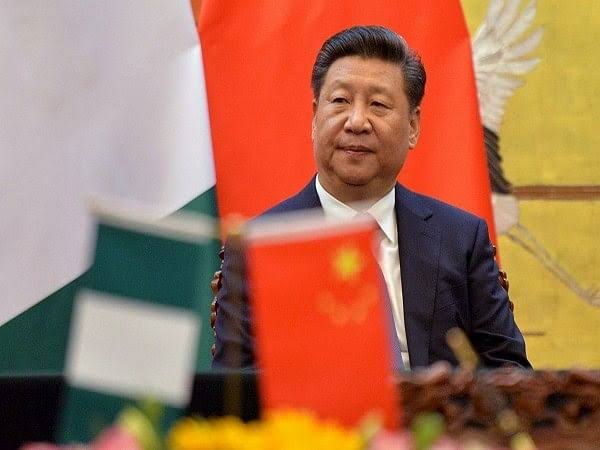Nigeria’s Economy Disrupted By China’s Debt – Trap

Nigeria has already started facing depletion in its foreign exchange reserves and a fall in revenue. The country is also facing a huge scarcity of capital for bridging the infrastructure gap. The Government has recently sought approval of Parliament for USD 16 billion loans out of which about 78 pc, USD 12 billion, would be sourced from China.
Economists have warned Nigeria of over-borrowing from China and its increased reliance on external loans which could adversely affect the country’s political and economic sovereignty.
China’s debt-trap diplomacy in Nigeria is posing a serious threat to the country’s economy as Beijing accentuates its infamous loan facilities to the African nation for investments in projects ranging from infrastructure to agriculture.
Dependence on Chinese loans will cause massive problems for the Nigerian economy, which is already struggling to recover after falling into recession in 2019 and 2020, reported US-based media portal, Financial Post.
Exim Bank of China provides massive debt servicing to the African country. According to one estimate, the Nigerian government has paid about USD 210 million to Exim Bank of China in 2021 as repayment of loans for different projects which included Airport Terminals, communication systems, water & electricity distribution, railways, etc.
Even after the clearance of this huge amount, Nigeria still owes about USD 3.67 billion to China. Nigeria seems to be trapped in Chinese debt as is quite evident from some of the research reports.
One research report shows that Nigeria would require another 3 decades to pay off billions of loans that it owes to China. It is only if Abuja does not seek further loans from Beijing, as per the media portal.
Nigeria struggles to get funding from World Bank or African Development Bank and this is one of the reasons why Nigeria seeks loans from China. However, these Chinese loans have many disadvantages.
The majority of these loans have a duration ranging from 5 to 20 years with the interest rates from 2.5 per cent- 3 per cent. This duration which is considered to be very high for funding another nation. This is also a long gestation period for development projects.
Exploiting Nigeria’s fund requirement for infrastructure development, the Chinese put on hard commercial terms. Due to the recession in the country, Nigeria took loans from China to invest in infra projects, transport sectors, energy, agriculture, ICT, water projects, etc.
In 2020, National Assembly also raised alarm over the sovereignty clause in the Chinese loan agreement. There were also disturbing allegations about China having an interest in sponsoring a candidate for the office of President of Nigeria covertly.


